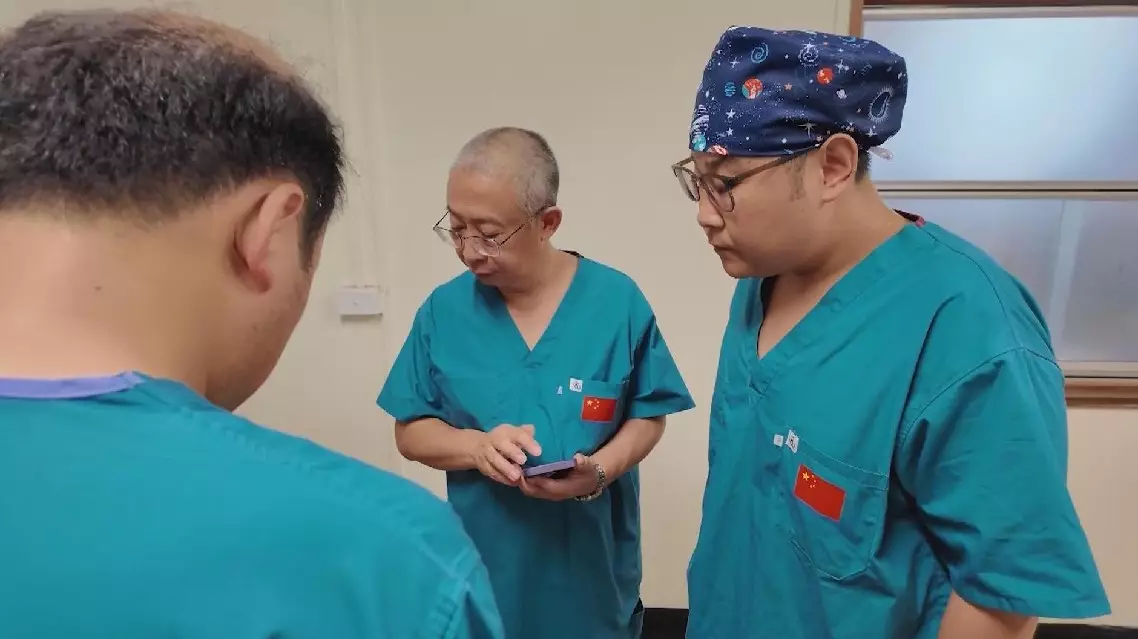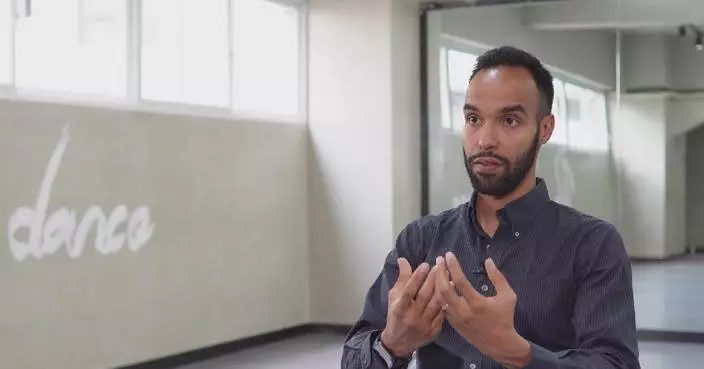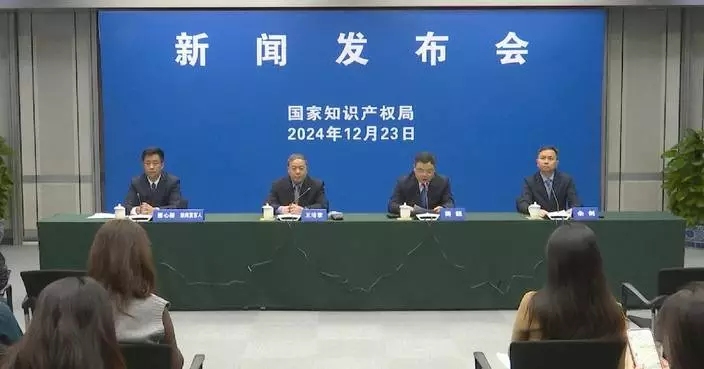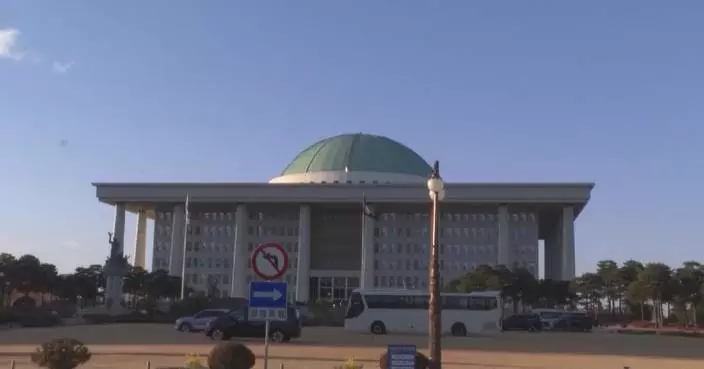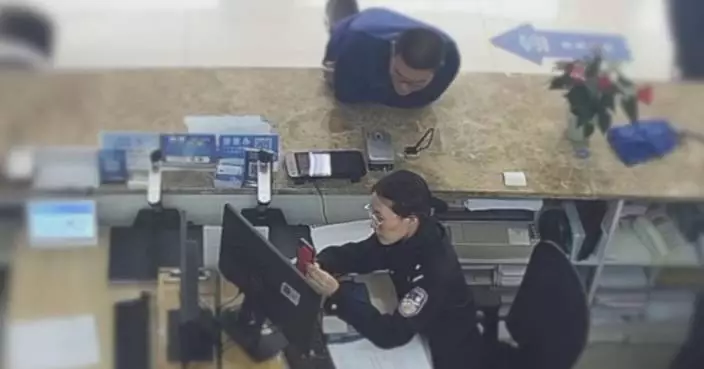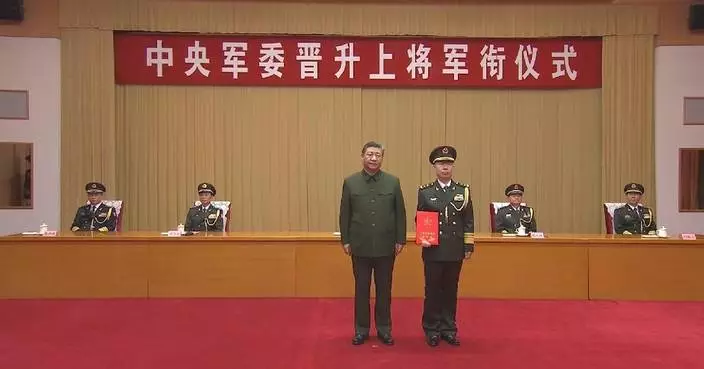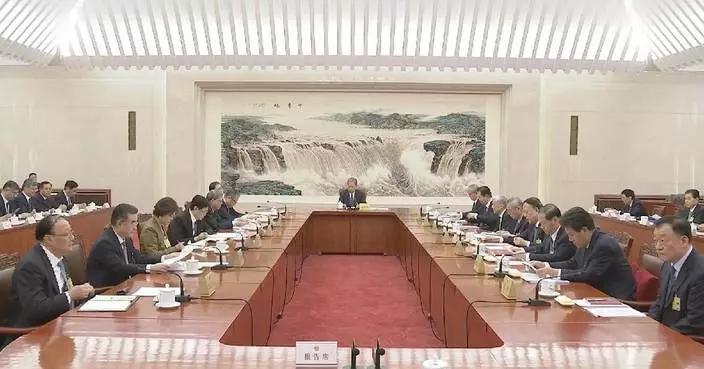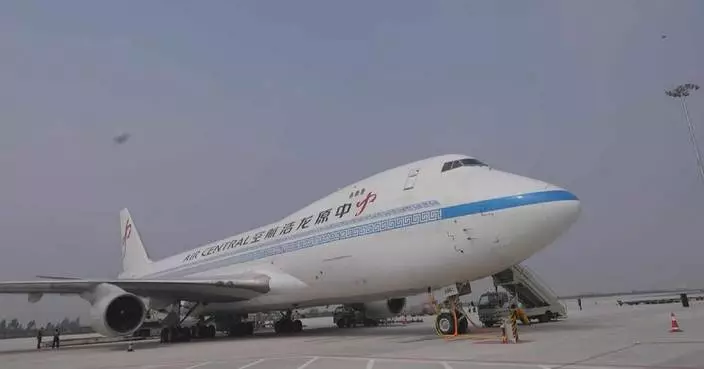Former Chinese Kuomintang party chairman Ma Ying-jeou and youth from Taiwan on Monday called for joint efforts to strengthen cultural exchanges between people on both sides of the Taiwan Straits during their visit in Chengdu, capital of southwest China's Sichuan Province.
Accompanied by Song Tao, head of both the Taiwan Work Office of the Communist Party of China (CPC) Central Committee and the Taiwan Affairs Office of the State Council, Ma's delegation visited Chengdu Du Fu Thatched Cottage Museum, a historical site dedicated to the renowned Tang Dynasty (618-907) poet.
Ma is leading a youth delegation to conduct a nine-day visit to the mainland. The delegation arrived in Harbin, capital of northeast China's Heilongjiang Province, last Wednesday.
At the historical site, Ma's delegation learned about the life and works of the ancient poet.
At the same time, a stone tablet at the scene was engraved with Nostalgia, a famous work by Yu Guangzhong, a master of modern Chinese literature. It expressed people's yearning for the reunification of the motherland, which resonated with every member of the delegation.
At the cross-Strait symposium on promoting Chinese culture afterwards, Song said that Chinese culture is the common root and soul of compatriots on both sides of the Taiwan Strait, who should adhere to the 1992 Consensus, oppose Taiwan separatism and foreign interference, and jointly promote Chinese culture.
Ma said that compatriots on both sides of the Taiwan Strait share the same roots, culture, and race, they are all members of the Chinese nation and share Chinese culture, and they must never forget their ancestors. "Chinese culture emphasizes careful handling of things and honoring of ancestors, and remembering the source when drinking water. This is an important foundation for the Chinese nation to establish thousands of years of fine traditions. Taiwan once played an important role in inheriting and promoting Chinese culture, but now Chinese culture in Taiwan is facing an unprecedented crisis. In Taiwan, due to the political manipulation of the Democratic Progressive Party, the wrong direction of 'de-sinicization' has emerged. Our generation has the responsibility to correct the chaos, and any 'de-sinicization' behavior is doomed to fail," he said.
More youth from Taiwan also said that young people on both sides across the Taiwan Strait will learn from each other through cultural exchanges, establish deep friendship, and inject new vitality into China's traditional culture.
"Chinese culture has a long history and is profound and extensive. In our daily life, it has become our roots and foundation," said Lin Pei-chen, a student from Taiwan.
"I have the opportunity to come here, which of course arouses my interest in exploring related Chinese culture and history. I think it would be a good thing if more people from Taiwan could be given the opportunity to come here and take an interest in Chinese culture and history," said Pan Ko-shen, another student.
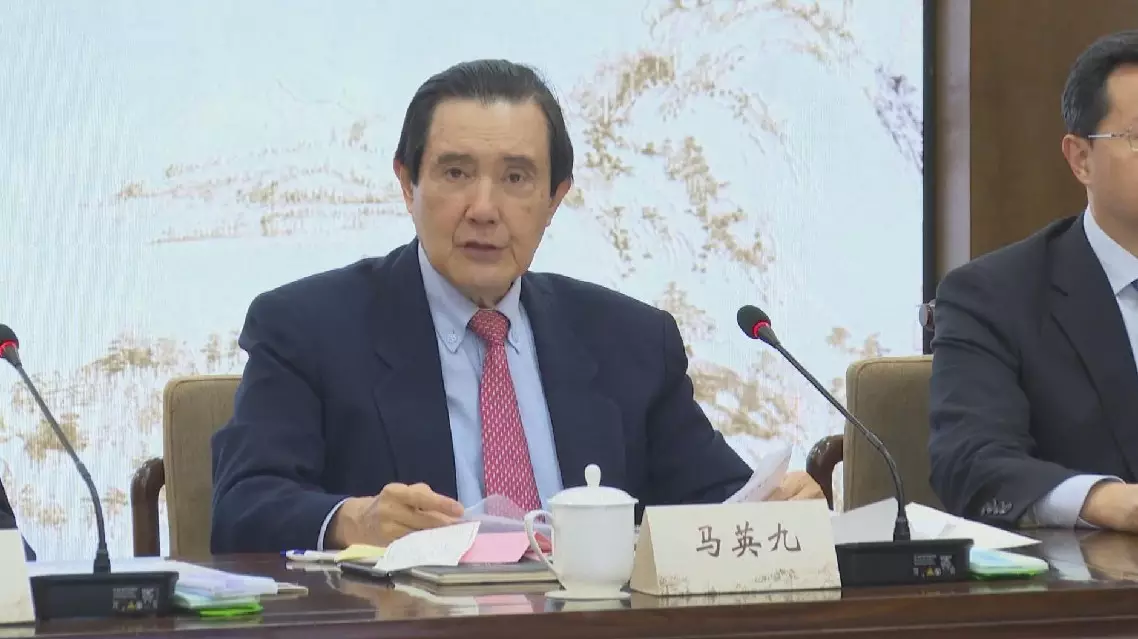
Ma Ying-jeou, Taiwan youth call for joint efforts for cross-Strait cultural exchanges


